By Ferrell Foster
Act Locally Waco, from its start, has sought to promote involvement in our community. The below screenshot is of the City of Waco’s public meetings page. If you would like to get more involved in or knowledgeable about our city, this is a great place to start.
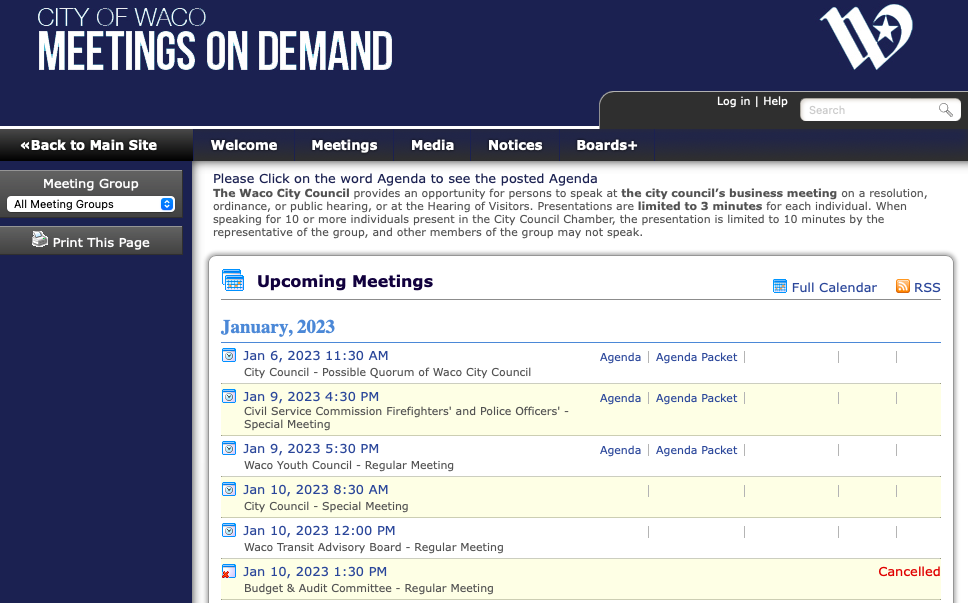
Many people do not attend a public meeting until they have a complaint or a personal financial reason. Good government requires much broader involvement.
If you go to the City page you will notice there are a lot of meetings. No one can attend them all, but you can pick out one or two of special interest. It could be parks and recreation, building standards, zoning, libraries, civil service (police and fire), the city council, or something else.
When you go to your first meeting you might be a little lost, but if you go a few times you will be surprised at how quickly you become something of an expert on the subject. And if you show genuine interest in the common good of our community, you may even be asked to become more involved officially.
Also, if you or someone you know is thinking about running for a city council spot, be more than a candidate — be a knowledgeable candidate. And the only way is to look under the covers of city government and find out what is really going on.
Anyone who looks closely at how are city operates is liable to be impressed by the dedication and hard work that so many people are bringing to the task of city government. That doesn’t mean you will agree with every decision, but you will learn even more by listening to those you disagree with.
Please don’t go to these meetings with an attitude of “I know more than these people” or “I could fix this if they would let me” or some other negative approach. Go with a desire to listen and learn so you can be highly informed when the time comes for input.
Also, you don’t have to be a professional journalist to “cover” a public meeting. Anyone can attend and write about what they hear and observe at meetings. Do that “reporting” through your own social media or you can even share it with Act Locally Waco and we will consider publication. If you write for ALW, just be careful to get the facts right and keep your opinions out of it. Just share the facts.
Texas law protects the openness of public meetings to keep decisions from being made in the proverbial “smoke-filled rooms” of the past. If the public doesn’t attend, our officials might just as well be behind closed doors.
Another note, the law allows some items to be discussed in closed or executive sessions. They usually consist of legal, personnel, property, financial contracts, and security matters. That may seem like a lot, but usually our public officials do not want to be seen as trying to act secretly. They know their integrity is at stake.
And, by the way, if you live in one of our neighboring cities, please get involved in their meetings. Or in county government. Our governmental bodies have to operate separately, but our region will become an even better place to live in all of our officials are operating in the public interest for the common good.
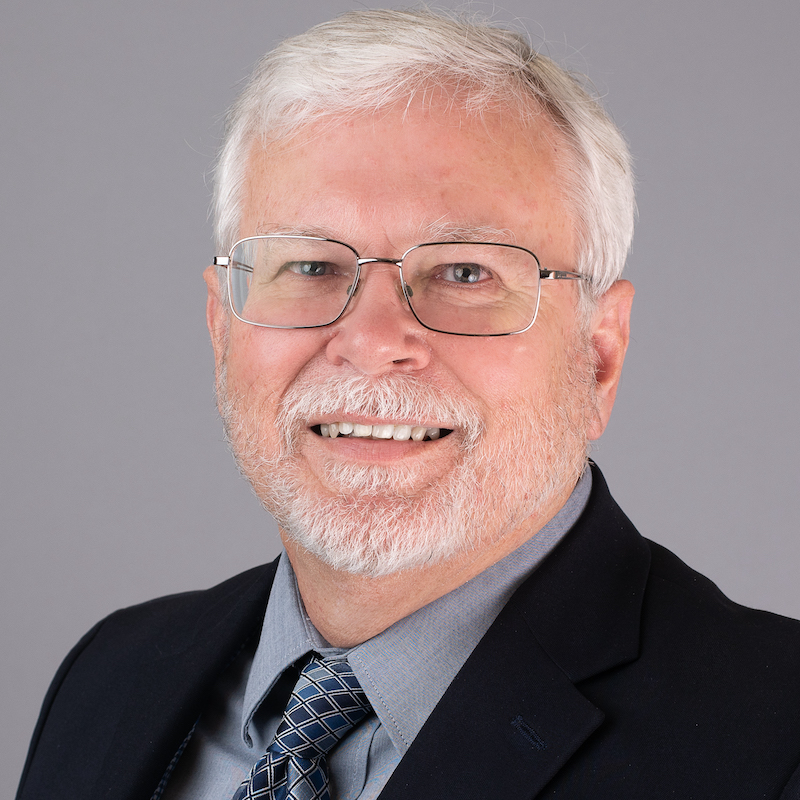
Ferrell Foster is director of communications for Act Locally Waco and president of Kortabocker LLC: Communications Built on Caring.
By Ferrell Foster
The people are beautiful and colorfully dressed. The landscape is a luscious green of vegetation. But as I rode recently along the highways and roads of rural northern Ghana in West Africa, I asked myself, What makes this place different from home?
The answer that came to my mind surprised me. I do not normally concentrate on the subject, but suddenly out of some deep place in my mind it occurred to me that the difference is infrastructure.
This thoroughly unsexy subject is not something we often think of, but it has come to dominate my thoughts upon returning to Waco.
Jackson, Miss., is providing us the essential lesson in the importance of a city’s infrastructure. Jackson’s water system has failed, and it is extremely difficult for that city and state to navigate the situation.
We all know that every human needs plenty of clean water to drink, and a turn of the faucet delivers it readily to each of our homes. Until it doesn’t.
Water is only one part of a city’s infrastructure. There are roads and bridges, sewers and drainage, electricity and cable, safety and security, zoning and rules. Life in cities is simply unmanageable without great attention to these important matters, and yet most of us think so little about them.
We may think The Silos and Baylor and Amazon and the Brazos are what make Waco special, but none of those things suffice to make group living possible and good. Cities need solid infrastructure.
It’s easy to complain about the poor quality of streets, but we are not so keen to pay the taxes needed to pave and maintain them. It makes me think about the city budget, which, unfortunately, I haven’t even looked at. Shame on me. Shame on all of us who want to make Waco great.
The City has adopted a $694.58 million budget for 2022-23. That’s a whole lot of money, and yet I suspect most of us didn’t study it during the month between its proposal and its adoption.
There’s a nice graphic on the City’s budget web page that shows the major categories of the budget. We can all see that we are expecting the City to do a lot on our behalf:
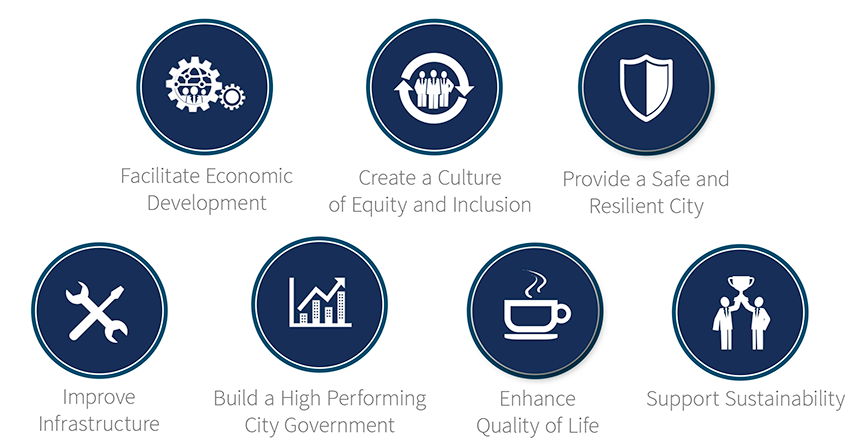
Infrastructure is there in the midst of lots of things the City will do. I guess all of them are important, and I suspect all of us have our views on levels of importance..
I come home from Ghana thanking my City government for the things we call infrastructure. We have great leadership here in Waco, and they are trying to do what the people of Waco think is important. Maybe all of us should get more into the details — $694.58 million can go a long way.

Ferrell Foster is directing communications for Act Locally Waco. He is president of Kortabocker LLC: Communications Built on Caring. Ferrell also does communications work with Prosper Waco and TBM: Texans on Mission.
By Ferrell Foster
’Tis the season to be merry! Christmas and New Year are coming, and merriment is in the air. In fact, we hardly ever use the word “merry” except in relation to Christmas.

So what does this little-used word mean? Dictionary.com to the rescue:
— full of cheerfulness or gaiety; joyous in disposition or spirit
— laughingly happy; mirthful; festively joyous; hilarious
You’ve got to love a little merrymaking.
But, there is, however, a problem. For some strange reason, our culture has come to associate merry making with drinking lots of alcohol. There is probably no better indication of a sickness in our society than that we associate fun with consuming vast quantities of something that numbs our thinking.
Cutting to the chase: This holiday season, try making merry without a bunch of alcohol. A little is OK, but a lot can ruin a party and a life.
Most people do not think of what they do as binge drinking — that’s what foolish college students do. The Centers for Disease Control and Prevention defines binge drinking as four drinks for women and five drinks for men on one occasion.
“Heavy drinking” is eight or more drinks in a week for a woman and 15 or more for a man. (It seems alcohol is a bit sexist.)
I’m concerned broadly about the negative effects of heavy drinking on people. The more I learn about challenges facing individuals and families, the more it becomes obvious substance abuse is playing a huge part — from mental health to quality parenting, from ability to hold a job to deadly auto accidents. It’s the ugly truth that alcohol commercials never depict.
Pardon me for being direct, but some people will probably die in the next couple of weeks because some otherwise good people drink too much at a party and then drive. Please, don’t drink and drive; you might save a life, even though you will never know it. You will, however, know it for the rest of your life if you kill someone, as will all of the people who love your victim.
Also, there are some people around you who really struggle with limiting their alcohol intake. Please don’t let your own ability to “handle” a drink make it hard for people around you.
Be smart this Christmas and New Years. Be safe. Having fun need not be associated with heavy drinking. The holidays will be best in Waco if we keep the lid on drinking.
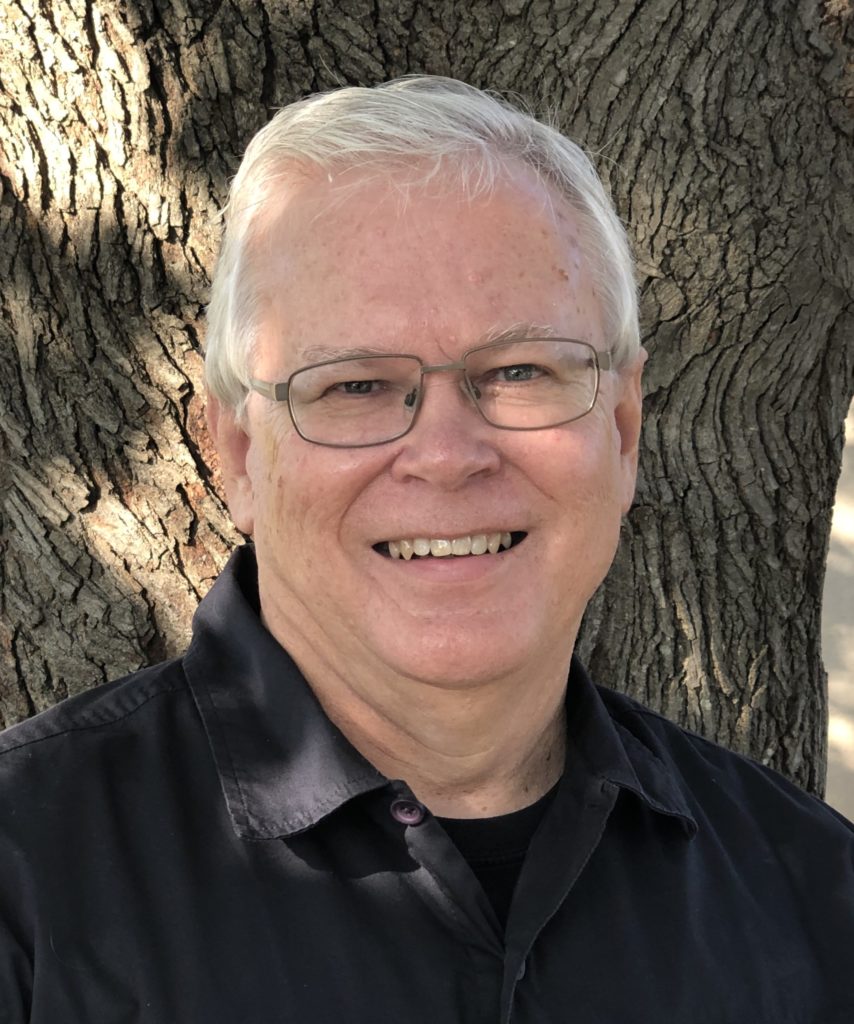
Ferrell Foster is senior specialist for care & communication with Prosper Waco.
The Act Locally Waco blog publishes posts with a connection to these aspirations for Waco. If you are interested in writing for the Act Locally Waco Blog, please email the ALW team — [email protected].
By Ferrell Foster
Waco may be on the verge of greatness. This thought came to me this morning as I reflected on two true things — our town seems to be facing the reality of its high poverty rate, and we also seem to be taking the arts seriously.
It may seem odd to tie these two things together, so let me try.

No city can be great when such a high percentage of its population lives in poverty. There is all kinds of data to prove this point, but you can also drive into certain parts of town and convince the other side of your brain of this truth.
The poor will always be with us, as someone famous once said, but that did not prevent him from caring deeply and working on behalf of the poor. That guy’s name was Jesus, and people are still talking about him, even worshipping him, 2,000 years later.
So, yes, there will always be people who live in poverty, but that doesn’t mean the rest of us shouldn’t work our tails off helping as many as we can. We help them in the short term by dealing with basic needs (food and shelter), but the most important help comes in the form of education and job training — things related to earning a liveable wage. A minimum wage job cannot support anyone adequately unless they are living with someone else.
And, by the way, our very best schools should be in our very poorest neighborhoods. That’s where it is most needed. But, in Texas, we have the opposite. The best schools are usually in wealthier neighborhoods. Education takes money, even though some don’t like to admit it. Those same people often pay more for housing or private schools for that very reason — it takes money to educate children while parents are working elsewhere.
The other side of this coin is promotion of the arts. This is not often understood as intuitively as the other. We are so enmeshed in a capitalist society that we can easily think business and money-making are the most important parts of building a community. Business and money-making are essential, but addressing poverty and promoting the arts is equally important.
Why the arts? This sector is much like the spiritual sector (of which we already have great strength). Both promote a connection to truth and concerns beyond oneself, and when we connect to deeper Realities we generally become more attuned to the people around us, or we should. Sometimes American religion can be very self-centered (as in “my” salvation) and undermine broader concern, but Christianity and other religions lift love of neighbor to equal footing with love of self. Self-esteem is good (you are created in the image of God), but neighbor-esteem is just as important (they are created in that same image).
More than 100 years ago, Evelyn Underhill understood the connection between spirituality and art. Artists, she said, are “aware of a more vivid and more beautiful world” than other people. They are “always driven by their love and enthusiasm” to express before others “those deeper significances of form, sound, rhythm, which they have been able to apprehend.”
Artists can do this because “they taste deeper and deeper truths, make ever closer unions with the Real. For them, the duty of creation is tightly bound up with the gift of love,” Underhill wrote.
This is why we need artists, just as surely as we need preachers. They help us to connect with the broader realities that many of us identify as God, while others identify it in other ways. This makes, or should make us, better neighbors. And better neighbors make better towns.
And, by the way, the creativity of the artistic mindset can be financially profitable, as well. For proof of this look no further than our very own Joanna Gaines. Joanna’s creativity with Chip’s business sense as built something important that is benefiting many.
Almost 30 years ago, the band Jars of Clay recorded a song titled “The Art in Me,” which included these lyrics:
“Sculpting every move
You compose a symphony
And you plead to everyone
See the art in me
See the art in me
See the art in me.”
(Songwriters: Charlie Lowell / Dan Haseltine / Matthew Ryan Bronleewe / Stephen Daniel Mason)
May we see the art in each other and work to help each other, both in our struggles and in our art.
Ferrell Foster is senior specialist for care & communication with Prosper Waco. He is also on the Board of Directors of Act Locally Waco and a regular contributor to the blog.
The Act Locally Waco blog publishes posts with a connection to these aspirations for Waco. If you are interested in writing for the Act Locally Waco Blog, please email the ALW team — [email protected].
By Ferrell Foster
My post the other day about The Silos brought to my attention a 2014 Waco Tribune-Herald story by J.B. Smith about those now famous silos. (Thank you, Ashley Bean Thornton.)
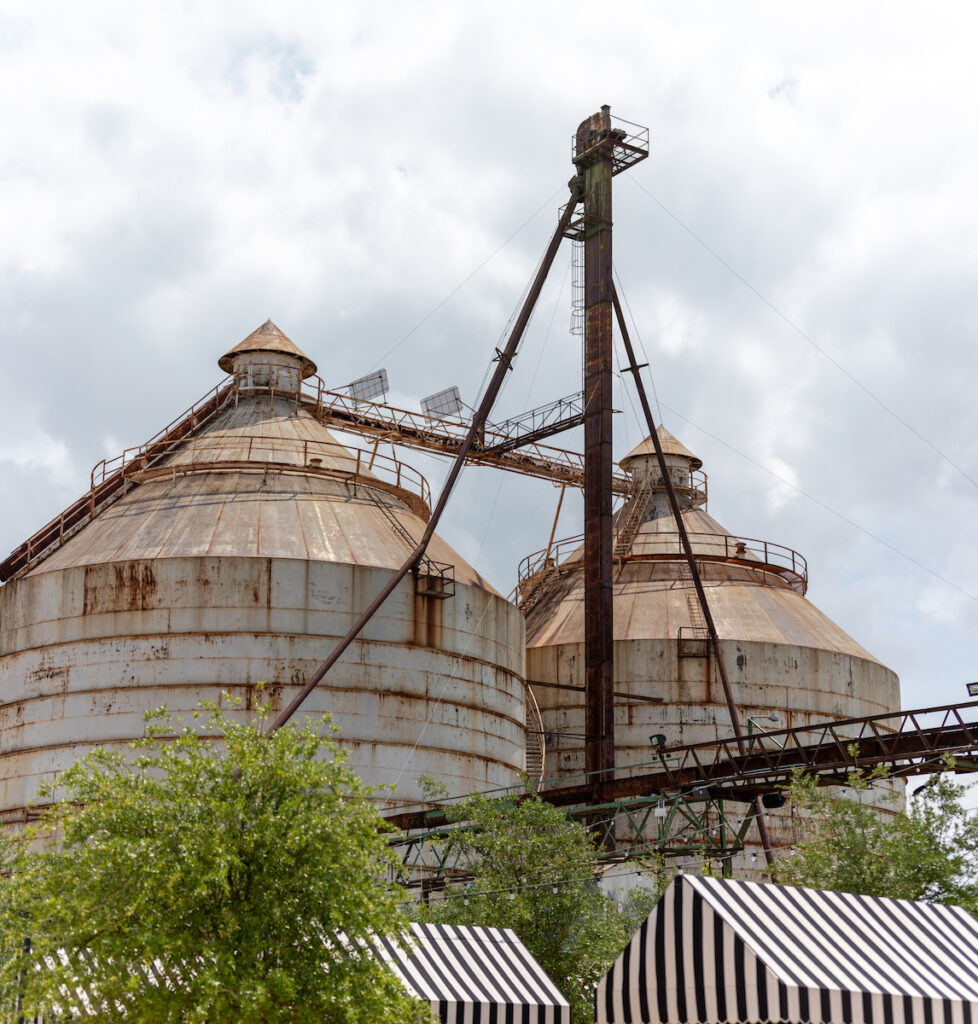
It seems that seven years ago this month there was some real uncertainty about the silos’ paint job, or lack of one. The Waco Downtown Development Corp. had originally given the go ahead for the Chip and Joanna Gaines project but with the understanding that the silos would be painted.
That rebuke of rust went to the Tax Increment Financing Zone board in October 2014. Chip (may I be so familiar) was not giving up on his rust. He told the board the silos “are impeccable and fashionable and interesting as they are,” the Trib reported.
The TIF board punted the aesthetic question back to the DDC, which led to a tour of the site guided by Waco’s First Couple (that being the Gaineses). DDC Chair Willard Still was skeptical going in. An hour later, he was convinced.
“We believe their plan will be a substantial improvement that the community will embrace,” the Trib reported Still saying. “They have a very sensible plan, and we embraced it.
“I have to give credit to Joanna Gaines. She has good taste, and that’s a proven product.”
Truer words have not been said. If Joanna walked into my home and said, “Ferrell, your favorite reading chair has got to go,” I would hesitate big time. She might reply, “I know you love that chair, but what if we got you a new chair that is better for your back, is loved by readers everywhere, and will make your study look like the most wonderful place in the world.” I would buckle quickly; it would be Joanna talking.
There are some people in town who are not big fans of the downtown boom fueled by Magnolia, but I’m not one of them. Not all development is good, but this one, I think, has been good for Waco.
We might wonder what would have happened if a paint job had been required and the Gaineses had pulled out the paint sprayers or hired professionals. We will never know, but I’m sticking with Joanne when it comes to good taste. She is the one-woman show (sorry Chip) that almost single-handedled revived the popularity of shiplap.
I’m thankful for the Gaineses and The Silos this Thanksgiving season. Just imagine this: What if they had done their thing in Austin or Temple or Hillsboro? We would be so jealous, and jealousy is not good for the soul. So may we all have a very Magnolia Thanksgiving — full of good taste all around, and I’m not just talking about style.
Ferrell Foster is senior specialist for care and communication with Prosper Waco.
The Act Locally Waco blog publishes posts with a connection to these aspirations for Waco. If you are interested in writing for the Act Locally Waco Blog, please email Ferrell Foster.
By Ferrell Foster
My wife visited The Silos before we moved here. People flock to The Silos and talk about The Silos all the time. This weekend I finally asked my wife for more details. It went something like this:
“So, what’s in The Silos? Is it a store? Are there multiple levels in The Silos where people shop?
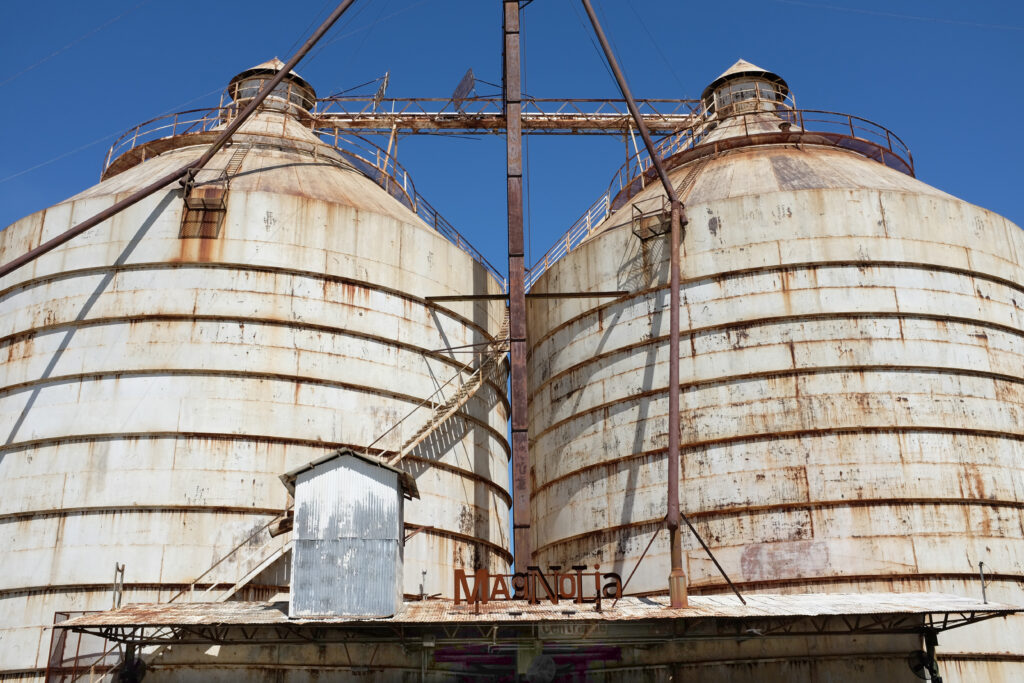
She looked at me with an odd expression. “I don’t think there’s anything in the actual silos.”
Am I the only person in Waco or Texas or the world, who didn’t realize that when people are going to The Silos, they are not really going inside the silos?
I feel really stupid. I don’t get out of the house much, but I don’t usually feel as clueless as I did in this conversation. I understand The Silos to be about stuff — as in stuff to see and stuff to buy. I hear about an old church building on the property, about a redone RV with plants, about stuff around the silos. But, do I now have it right that when people talk about going to The Silos, they mean they are going to hang out in the area of the actual silos?
It’s like finding out there really is no tooth fairy or Santa. (This post is not suitable for children.)
So, there’s no tooth fairy, but kids still get money under their pillows (a quarter in my day as a kid). There’s no Santa, but kids still get gifts on Christmas morning. And, there’s nothing in the silos, but The Silos is still a cool place to visit.
I’m OK with all three, but facing reality does take some mental adjustment.
Let’s hear three cheers for tooth fairies who have no wings, Santas who buy presents at a store, and silos that are empty but make a nice, rusty landmark around which to build an enjoyable experience.
Ferrell Foster is senior specialist for care and communication with Prosper Waco.
The Act Locally Waco blog publishes posts with a connection to these aspirations for Waco. If you are interested in writing for the Act Locally Waco Blog, please email Ferrell Foster.
By Ferrell Foster
Families come in a variety of forms, and they serve varied personal and social services. One of the key functions of family is to nurture the growth and development of children by providing for a child’s basic human needs.
We all know, however, that some families become unable to provide the needed care for a child. When that happens the state steps in to protect the children, as it does in other circumstances where vulnerable persons are at risk.
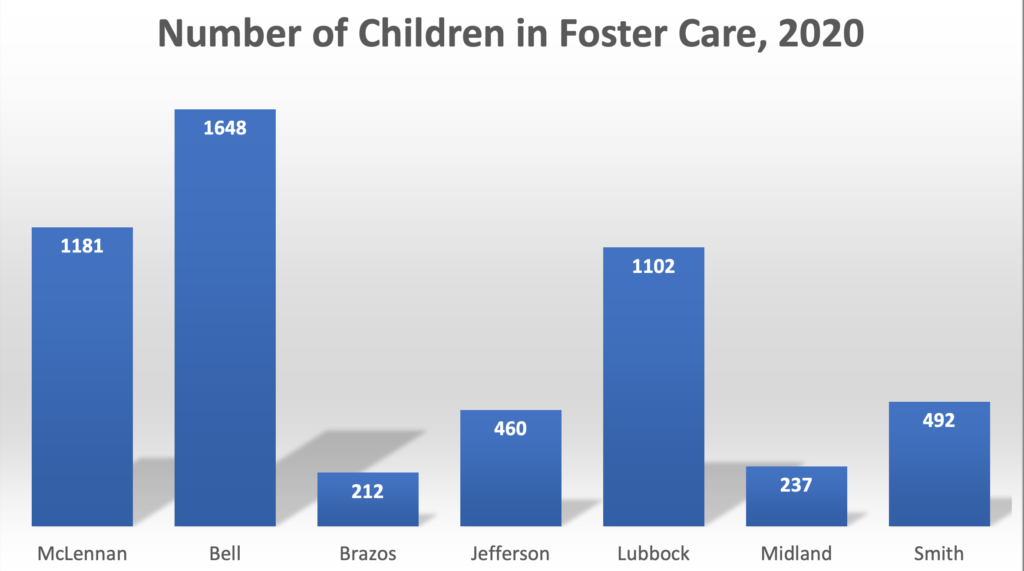
A number of things can happen when the state intervenes; one is by arranging foster care — a place to provide needed care to a child for a time. Kids may be placed in a number of possible settings — a relative’s home, a licensed foster home, or residential psychiatric care.
Foster care placements have been rising in many counties in Texas. In 2020, 1,181 McLennan County children were placed in foster care, a figure which has risen steadily over the past 10 years; there were 465 placements in 2011. These numbers reflect all children in the varied types of housing.
The placement number reflects the number of children in care at the beginning of the year and those who enter care during the year, said Anna Futral, executive director of CASA of McLennan County. On any given day there are about 700-800 McLennan County children under state supervision with relatives, licensed homes, or other residential facilities.
The rise since 2011 is staggering and should get our attention. Yes, our population has risen, but it has not nearly tripled, as have the placement numbers. This tells us that a lot of families are struggling to care for their children.
Are we any different from counties of similar size?
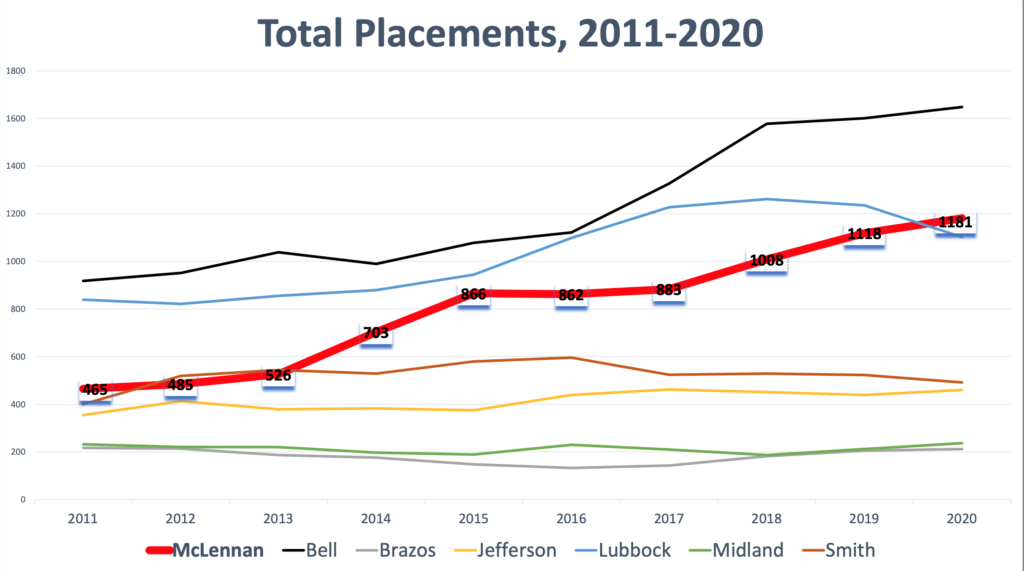
The rate of placement in McLennan County is 18.36 per 1,000 children. That means 1.8 percent of our children are needing state-supervised care. This is a higher rate than in similar counties — 16.5 per 1,000 in Bell, 4.21 in Brazos, and 7.6 in Jefferson.
The need for care points to a challenge on the family-of-origin side of the equation, but there is also a challenge on the foster care side. Last year, there were 17 licensed homes for foster care in our county. These homes typically house no more than two children.
“Many/most kids do get placed with relatives, which is a good thing,” Futral said, “but for those that don’t have safe relatives to be placed with, they are placed in licensed foster homes. But with so few licensed homes here locally, many children end up outside of McLennan.”
This resulted in only 35% of McLennan County children being placed in the county in 2020. That’s pretty consistent with other similar counties — 36% in Bell County, 35% in Brazos, and 33% in Jefferson. Lubbock County, which is similar in size, placed 51% within their county.
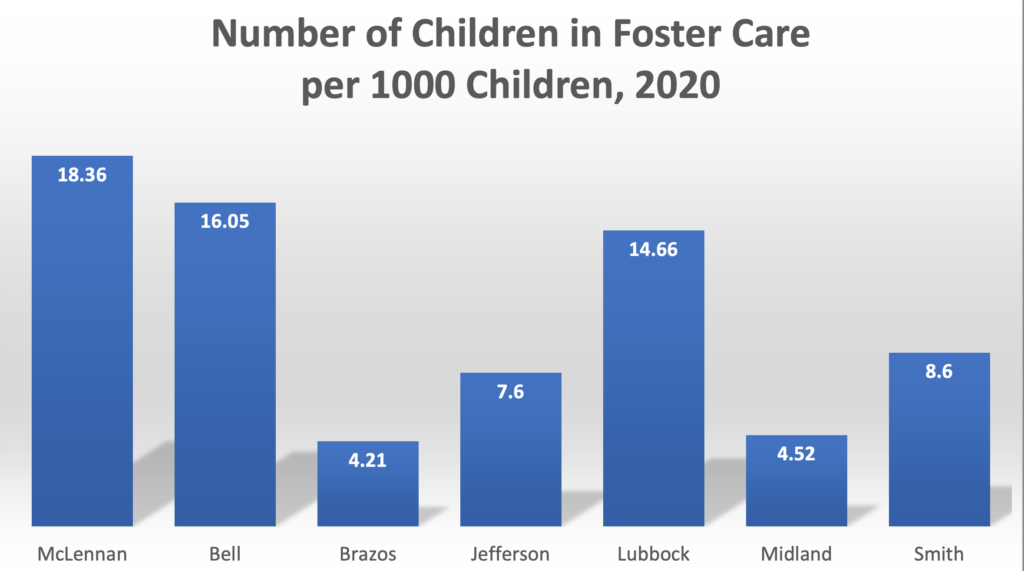
Enough of the numbers; you get the picture. Families need help, and the children in those families need help. Leaders in McLennan County have come together to pursue solutions — stress on the plural “solutions.” These things will not be improved overnight, but we have a lot of good people who care about pursuing that improvement.
If you would like to be involved, contact me at [email protected].
The data was compiled by Jeremy Rhodes of Prosper Waco from the Texas State Department of Family and Protective Services Data Book.
Ferrell Foster is senior specialist for care and communication with Prosper Waco. He is also acting executive director of Act Locally Waco.
The Act Locally Waco blog publishes posts with a connection to these aspirations for Waco. If you are interested in writing for the Act Locally Waco Blog, please email Ferrell Foster at [email protected].
By Ferrell Foster
Doing family is not easy. Families have struggles. Anyone who grew up in a family — all of us — know this truth. But sometimes those struggles become so difficult or dangerous that children need to be protected. That’s when the state steps in, and that’s when the whole community needs to step in, as well.
Forty-two leaders in McLennan County met Sept. 24 to form a new strategic working group — the Families & Foster Care Coalition. Waco Mayor Dillon Meek provided the impetus for this meeting, asking Prosper Waco to convene those who are working in varied sectors to address the challenges faced by families and children in foster care.
Texas is in the midst of a crisis related to foster care, and Waco is no exception. Children are having to spend the night in local Child Protective Services offices because there are no places to take them. This is not the fault of CPS and its workers; it is caused by inadequate human, community, and financial resources.
Local leaders, however, are committed to disrupting the status quo; they believe we can do better if we work together. It is uncertain exactly what varied actions this new coalition will pursue, but we are rising up to make a difference.
Anna Futral, executive director of CASA of McLennan County, has agreed to chair the coalition’s steering committee. Anna has been seeking such community-wide action for some time and is well-prepared to lead. (CASA stands for Court Appointed Special Advocates. CASA trains volunteers to advocate for abused and neglected children in the foster care system.)
It is tempting to think of these issues as only a state government matter, but government agencies are not families, and these kids need families and all the care that should go with such relationships.
State-approved families that can provide foster care step into the gap. They become a child’s new place of safety and nurture for varied amounts of time as issues with the families of origin are worked out. But foster families and families of origin need support from community networks.
In addition to the state agency services and families providing foster care, there is a critical legal system to protect the rights of children, parents, and other relatives. Judge Nikki Mundkowsky and Judge Gary Coley are two who seek to guide this court system with eyes on both legal matters and human concerns.
Then multiple attorneys provide the proper legal representation to the children and families.
In short, it is a multifaceted system that seeks to look after the needs created by families and children in crisis. In Greater Waco, leaders realize we need a more cohesive response to the situation. We need more communication, planning, and implementation. We also need more people and organizations to work together for these children and families.
If you or your organization would like to become involved in this collaborative effort, please reach out to me via email — [email protected].
As an African proverb says: It takes a village to raise a child.

Ferrell Foster is senior specialist for care & communication with Prosper Waco. He is also acting executive director of Act Locally Waco.
The Act Locally Waco blog publishes posts with a connection to these aspirations for Waco. If you are interested in writing for the Act Locally Waco Blog, please email Ferrell Foster at [email protected].
By Ferrell Foster
The murmur of the television filtered through the wall separating me from it, but another noise tickled my soul. My adult daughter, Tabitha, spoke over the TV voices. Music to the soul has a different rhythm and cadence than music for the ears; my daughter spoke to my soul because she was speaking to my mother’s ears.
My 92-year-old mother is virtually blind, seeing what I suspect are only hazy images. She can see enough to walk around our house with a little bit of guidance, but she cannot see the images on a television.
During Thursday night’s Dallas Cowboys football game, my mother sat with focused attention gazing at the TV. Every once in a while when the camera zoomed in on a helmet, she blurted out, “There’s the star,” but mostly she sat staring at the screen’s brightness.
In the midst of this, Tabitha provided the necessary play-by-play commentary so Mom would know what was going on. TV announcers speak with the assumption you can see the basics of what is happening; a blind person needs more.
Mom has been a Cowboys fan for about 57 years, almost as long as they have been a franchise. One year, about 1964, we attended the State Fair of Texas and the Cowboys were playing a game that day at the Cotton Bowl, which was inside the fairgrounds. Dad and I were able to beg Mom and my sister to go to the game with us.
The Cowboys were just becoming good; they were a long way from becoming America’s Team. But mother became a fan that day. We ended up attending virtually every home game, and we even met Don Meredith, a distant cousin, and his dad after one of the games.
Mother was and is a super fan. As a kid I would see my mother jump and scream and clap for the Cowboys as she would for nothing else. She still came close to jumping and screaming Thursday when she caught a glimpse of the now famous star on the helmets. She’s blind, but she still wants to “watch” Cowboys games.
So Tabitha gave Mom a great gift by telling her all that was happening in the game.
Virtually all of us need help with something, but we don’t always have someone to help us. There are needs throughout this community that are crying out for residents to help meet them. No one of us can help with all of those needs, but we can plug in to make a difference in one challenge.
Ashley Bean Thornton started Act Locally Waco to help residents enjoy Waco and get involved. We are still trying to do that. We share fun things, but we also tell other things that are happening so residents can get involved and make a difference.
If you see some community need on Act Locally Waco or elsewhere and your heart strings tug, get involved. If we all did one thing for others on a regular basis we would make a huge difference in the lives around us. And all of us need help with something either now or in the future.
It may not seem like a big deal to do the play-by-play for a blind person, but for a sightless person who cares about the Cowboys, it can mean the world. Little things can do that. And my daughter will always remember helping her grandmother enjoy the simple pleasures of “watching” a football game. Shoot, Tabitha, a Green Bay Packers fan, even used the “we” in talking about Mom’s team. Now that’s saying a lot, but little things matter.

Ferrell Foster is acting executive director of Act Locally Waco and senior content specialist for care and communication with Prosper Waco.
The Act Locally Waco blog publishes posts with a connection to these aspirations for Waco. If you are interested in writing for the Act Locally Waco Blog, please email Ferrell Foster at [email protected].
By Ferrell Foster
People mean different things when they say “Waco.” Some mean the Waco of a few years ago (much smaller geographically); others think primarily of downtown and Baylor (where the action is), others mean the current city limits (reaching further and further out).
When I think of Waco, I think of what I call Big Waco and some call Greater Waco. I think of the city, plus Woodway, Hewitt, China Spring, Lacy Lakeview, Bellmead, Robinson, even all of McLennan County. Big Waco is big.

The national City Health Dashboard identifies 10 city types and includes 57 small to midsize Texas cities in their data. Waco is considered a “regional hub.” There are only three regional hubs in Texas — Beaumont, Port Arthur, and Waco. Nearby Temple is identified as a “working town.” College Station, Denton, and San Marcos are called “college cities.”
The regional hub designation, I think, captures the essence of Waco. We are different from a working town or a college city. We are more — for better or worse.
The better part of being a regional hub is that people from surrounding communities come here to do business and to be entertained. Central Waco is like a magnet drawing people and resources to its core and helping all regional residents enjoy a better-resourced, more-connected life.
But there is a downside for regional hubs. The City Health Dashboard says this of the group: Regional hubs are “midsize ‘micropolitan’ cities that serve as hubs within smaller metro areas, with high inequality and large Black populations, where most residents work locally, and populations are decreasing.” Here are some characteristics of regional hubs:
— Great income inequality; “Black households earned 46% less than their White counterparts and this wage gap has been increasing.” (In Waco, Blacks earn about 40% less than Whites. In McLennan County, 47% less.)
— An average of 25% of residents live below the federal poverty line. (In Waco, 26.2% are below the poverty line. In the county, 19%.)
— Average life expectancy of 76 years at birth. (In Waco, 77 years.)
— Average rent burden of 54%, with an increase of 11.8% between 2000 and 2017
across cities.
(My thanks to the Prosper Waco research team for the local numbers.)
The future of Waco is captured in this simple picture. As a regional hub, we have a real opportunity for economic growth and lifestyle satisfaction. But, we should not be content with only a part of Waco and its region doing well. We need to care about racial, financial, and health inequities.
If we can address the downside challenges while we pursue the upside opportunities, we will be more than a regional hub; we will be a very good place to live, work, and do business.
I have two basic points here:
First, some people have a narrow view of Waco (the central city). I think it’s good for us to see this community more broadly, including acceptance of the surrounding towns and school districts as part of one whole. Each city/town, neighborhood, and school district is distinct, but we are connected — Big Waco.
Second, those who do not live in the parts of Big Waco that face serious economic and health challenges are still connected to those neighborhoods. In order for Big Waco to prosper, all of us are needed, especially in addressing our most challenging issues.
My faith tells me it is critical to love my neighbor. And love in that context does not mean an emotion; it is a commitment to serve. And neighbor is not just the person next door; it is anyone in need that I can help. Waco needs to be a place of good neighbors in the best and highest since of the phrase.

Ferrell Foster is acting executive director of Act Locally Waco and senior content specialist for care and communication with Prosper Waco.
The Act Locally Waco blog publishes posts with a connection to these aspirations for Waco. If you are interested in writing for the Act Locally Waco Blog, please email Ferrell Foster at [email protected].
